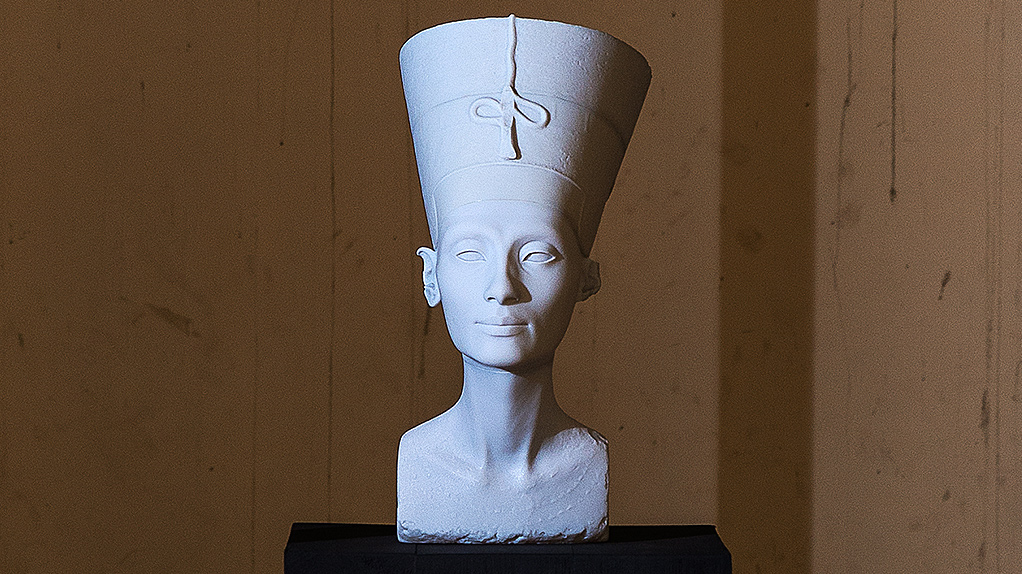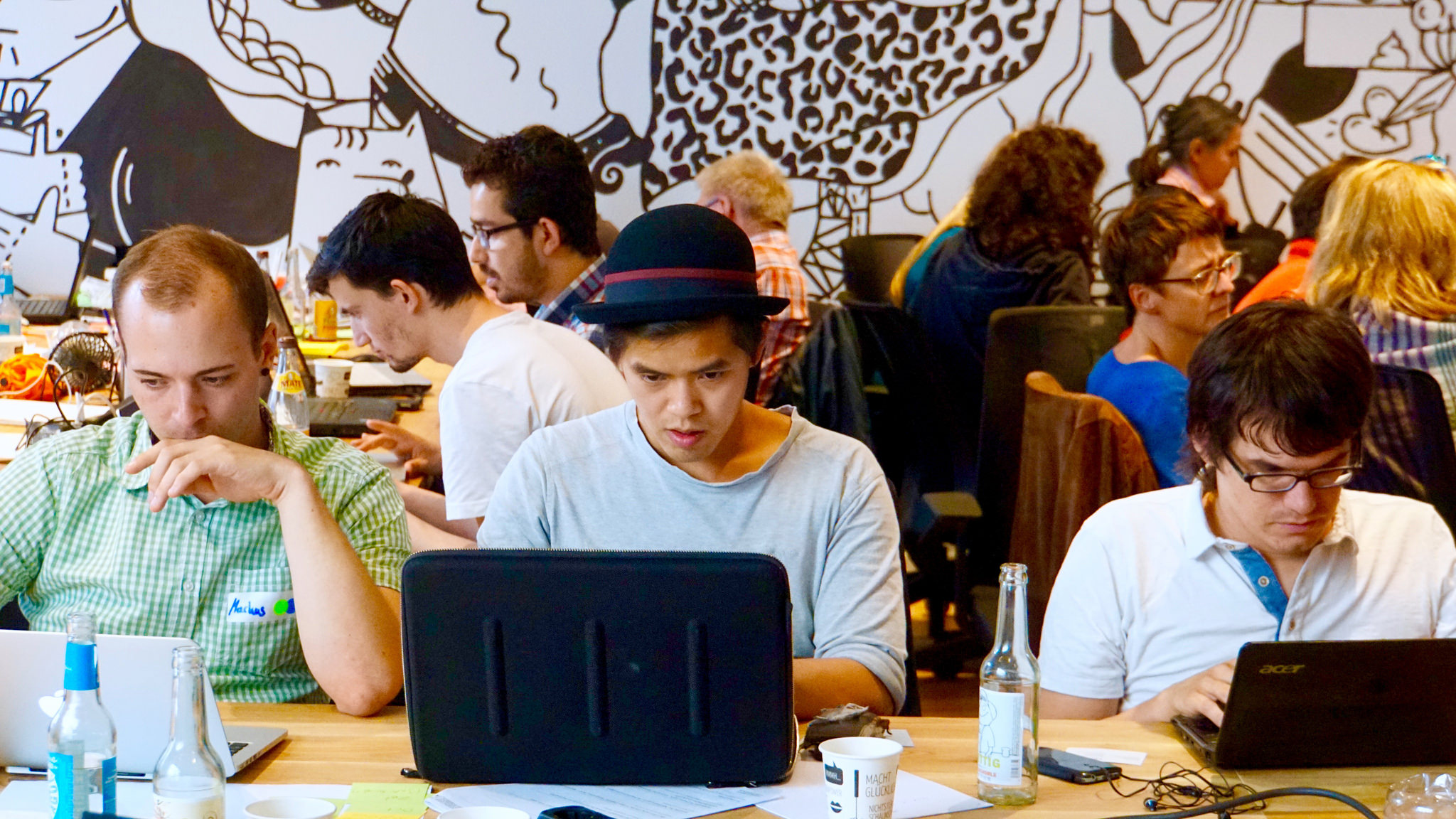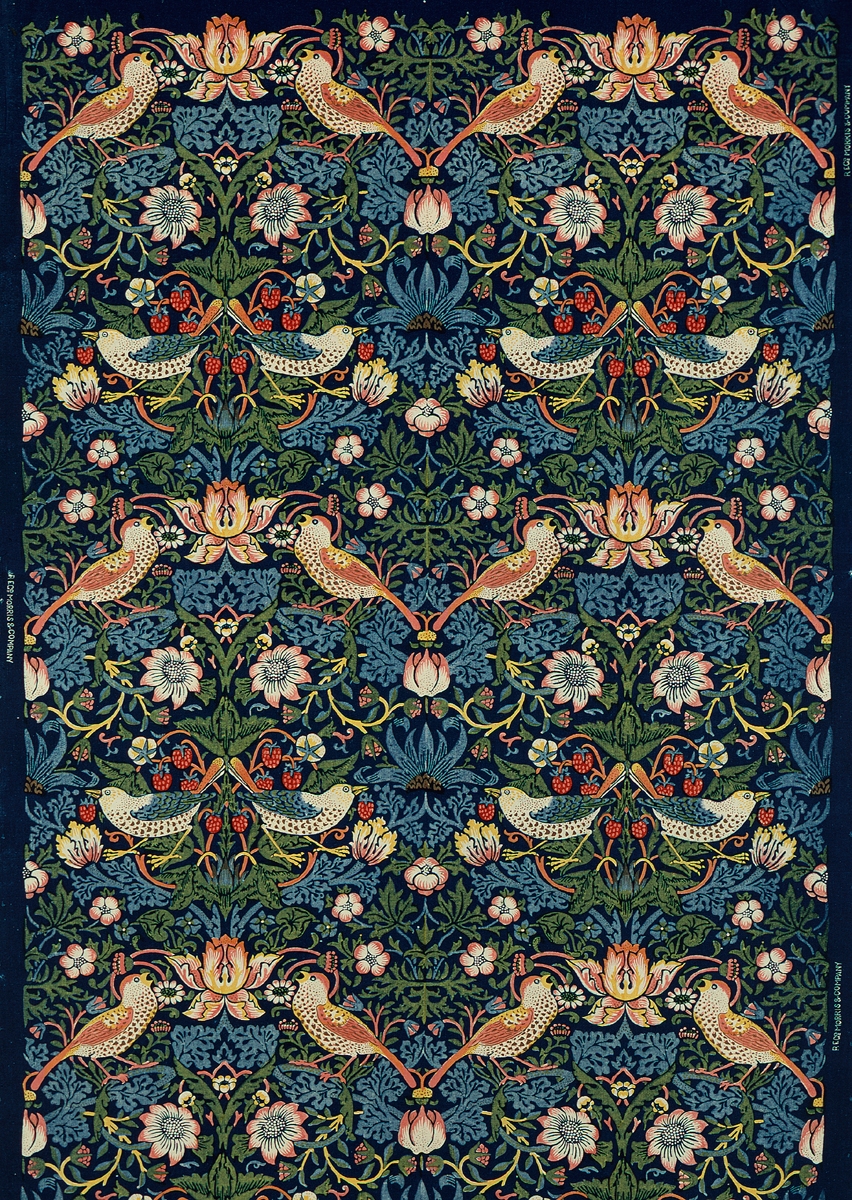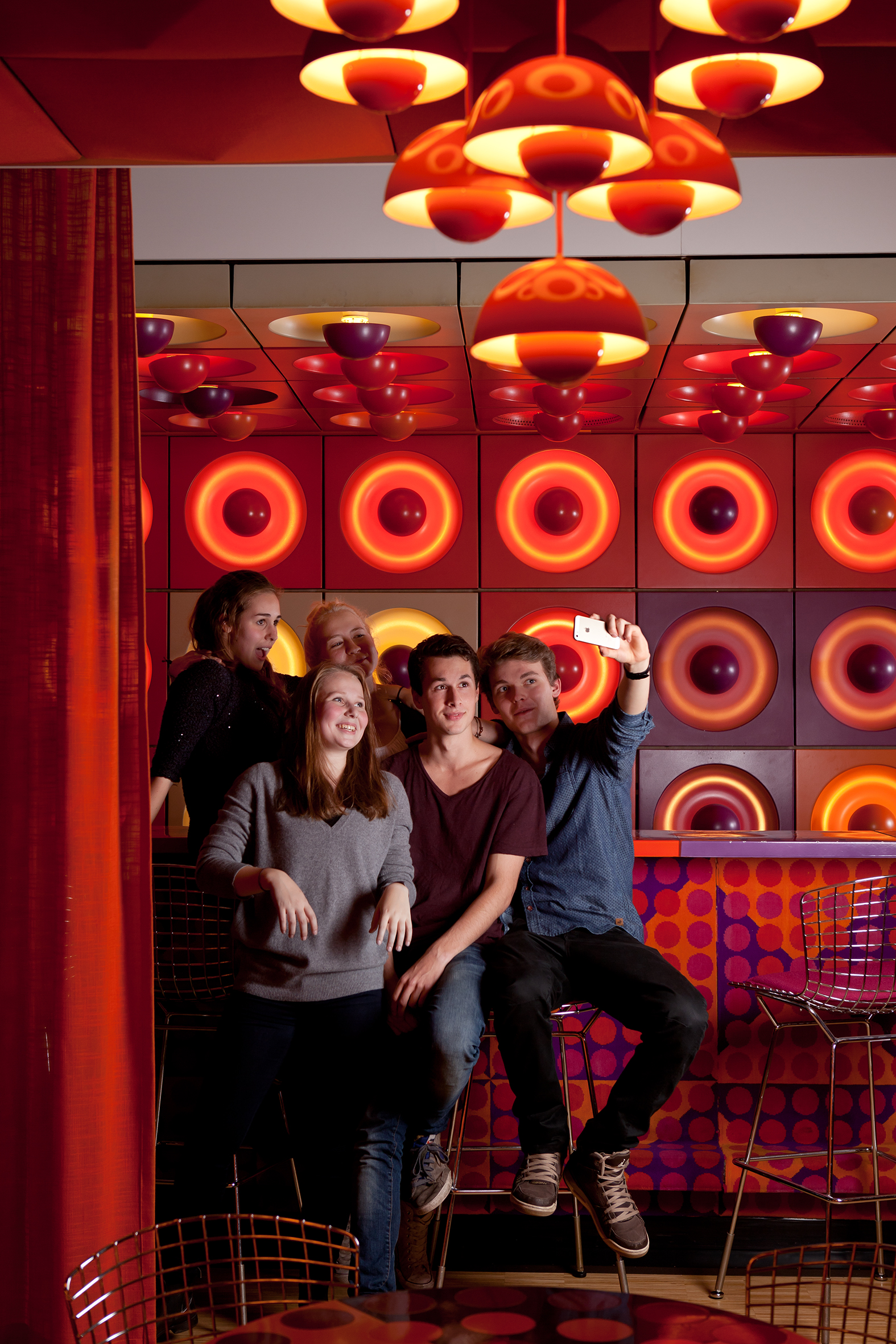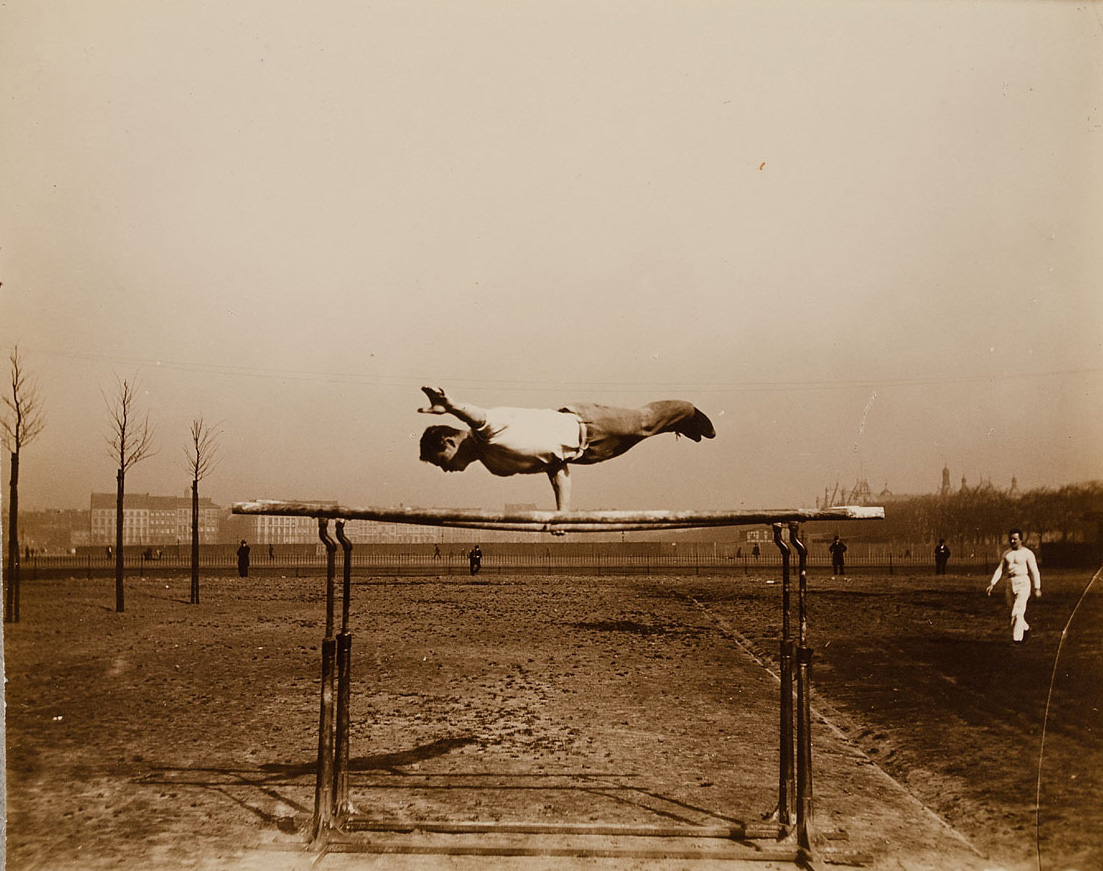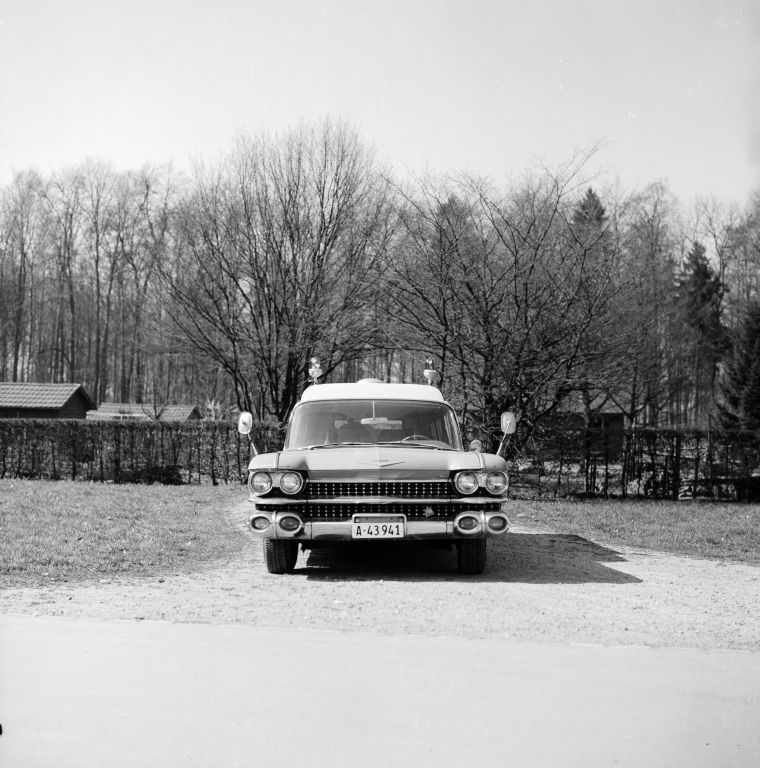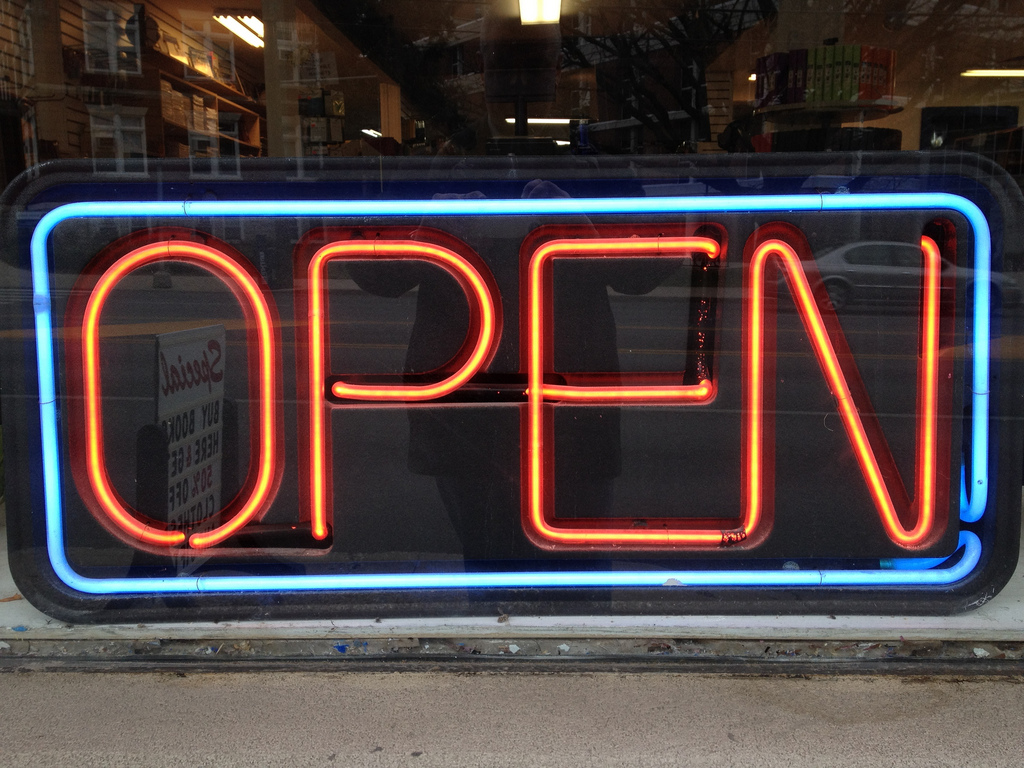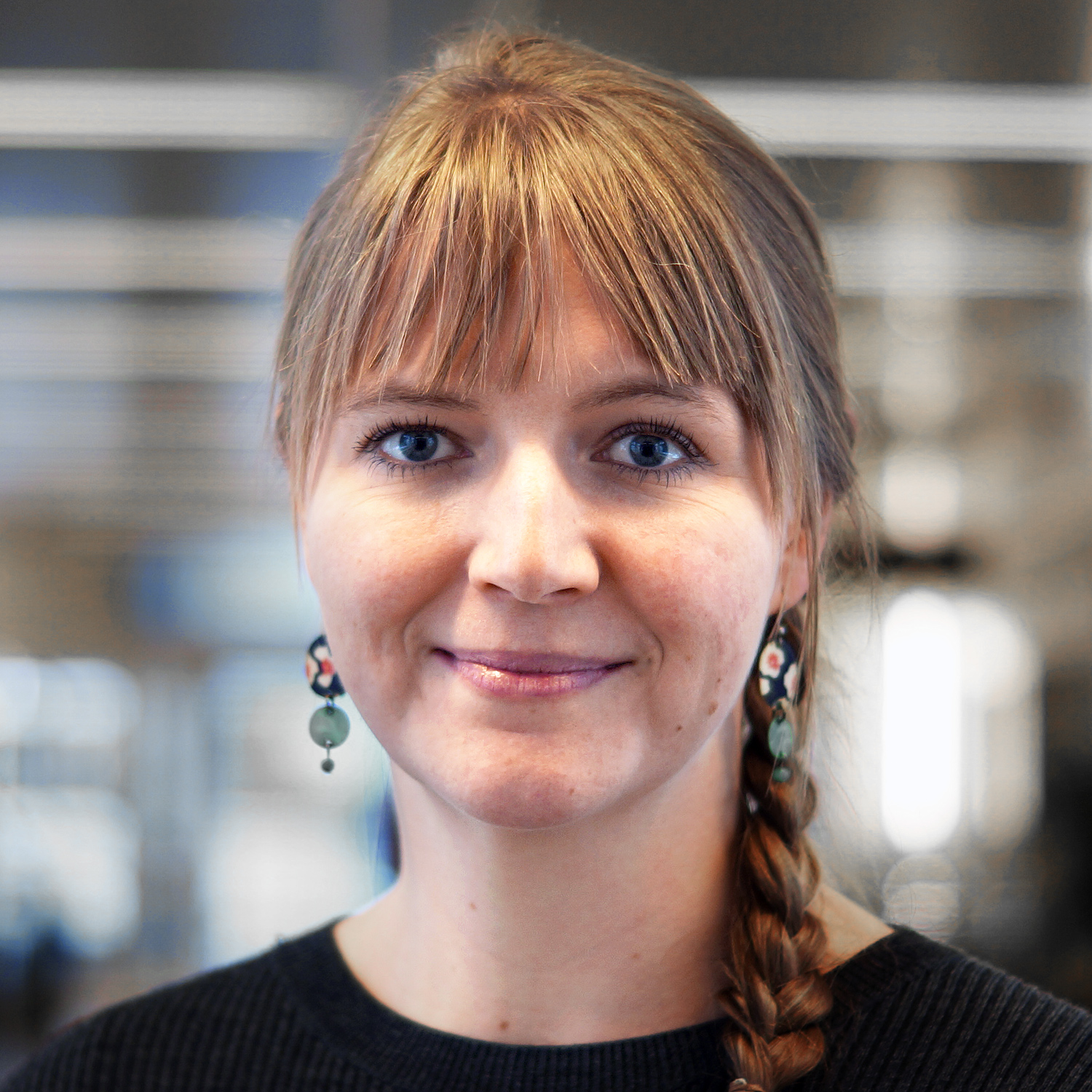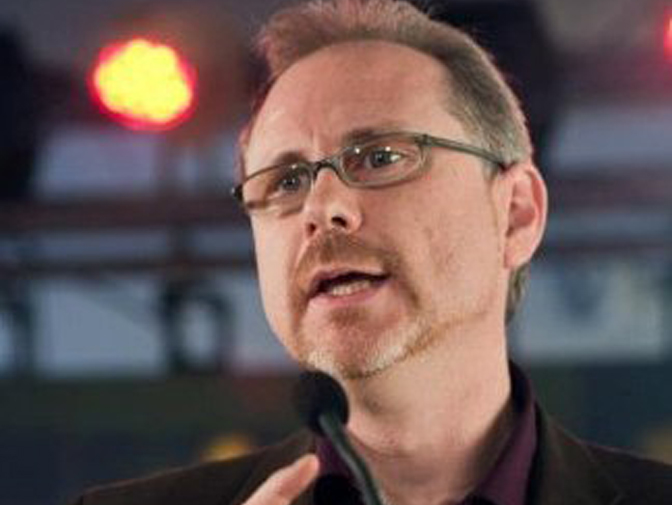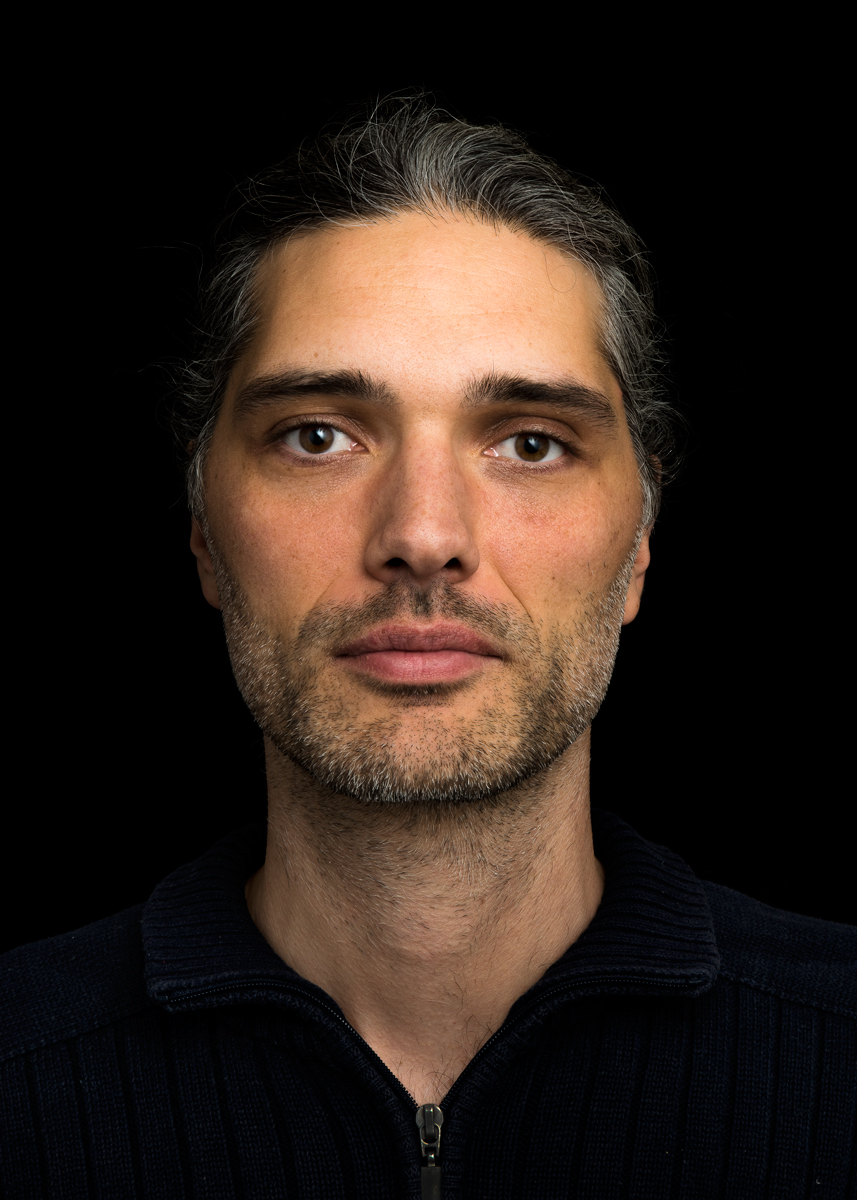Nora Al-Badri, Jan Nikolai Nelles, Artists, Berlin
Sarah Powell, Rights specialist at Auckland War Memorial Museum
The Other Nefertiti is a 3D-printed replica of the Nefertiti Bust, an ancient Egyptian artifact housed in the Neues Museum in Berlin. The artwork’s creation entailed the release of a high-resolution 3D data file that was shared freely on the internet. The work, as the artists state, stands as proof of colonial pillaging and challenges notions of national ownership; it considers the role of copying in preservation and access to evidence in relation to global heritage. The project received wide media coverage for its unauthorized 3D scan of the artifact inside the museum and its public release despite the copyright holder’s exclusive reproduction rights. With their input the artists will discuss why in their opinion the copying of artifacts in physical and digital forms points to the ever-improving technical reproduction of evidence and how authenticity can be discussed openly in online forums. The sharing and collaborative preservation avoid restrictions and suppression of evidence.
At the Auckland War Memorial Museum, New Zealand’s first and its largest regional museum even after having established an open licensing policy and having released 18 openly available 3D models on Sketchfab the reuse of cultural material can still be challenging. In many cases, the issue is not copyright, but cultural sensitivity and therefore the museum developed an indigenous rights statements for images of Māori and Pacific taonga. In these cases they assign a special licence where they know that it is appropriate. These statements known as cultural permissions statement help people understand that we are letting them view such objects but they cannot reuse the images, even if they are out of copyright.

